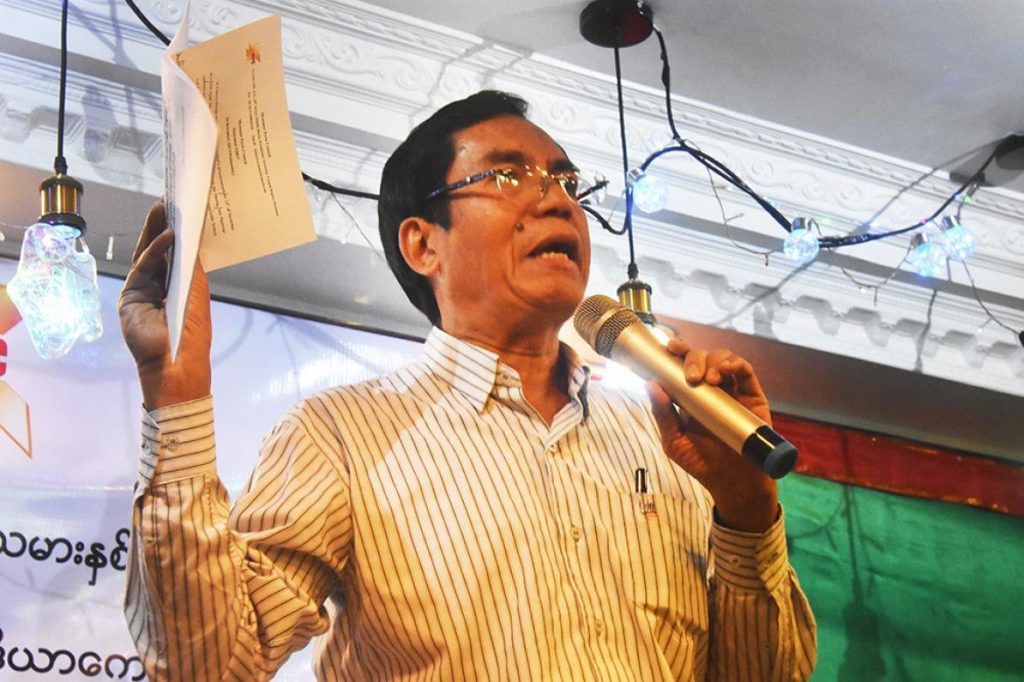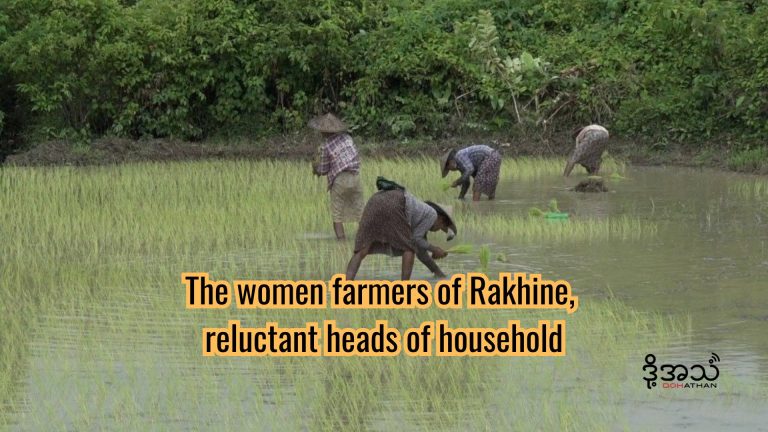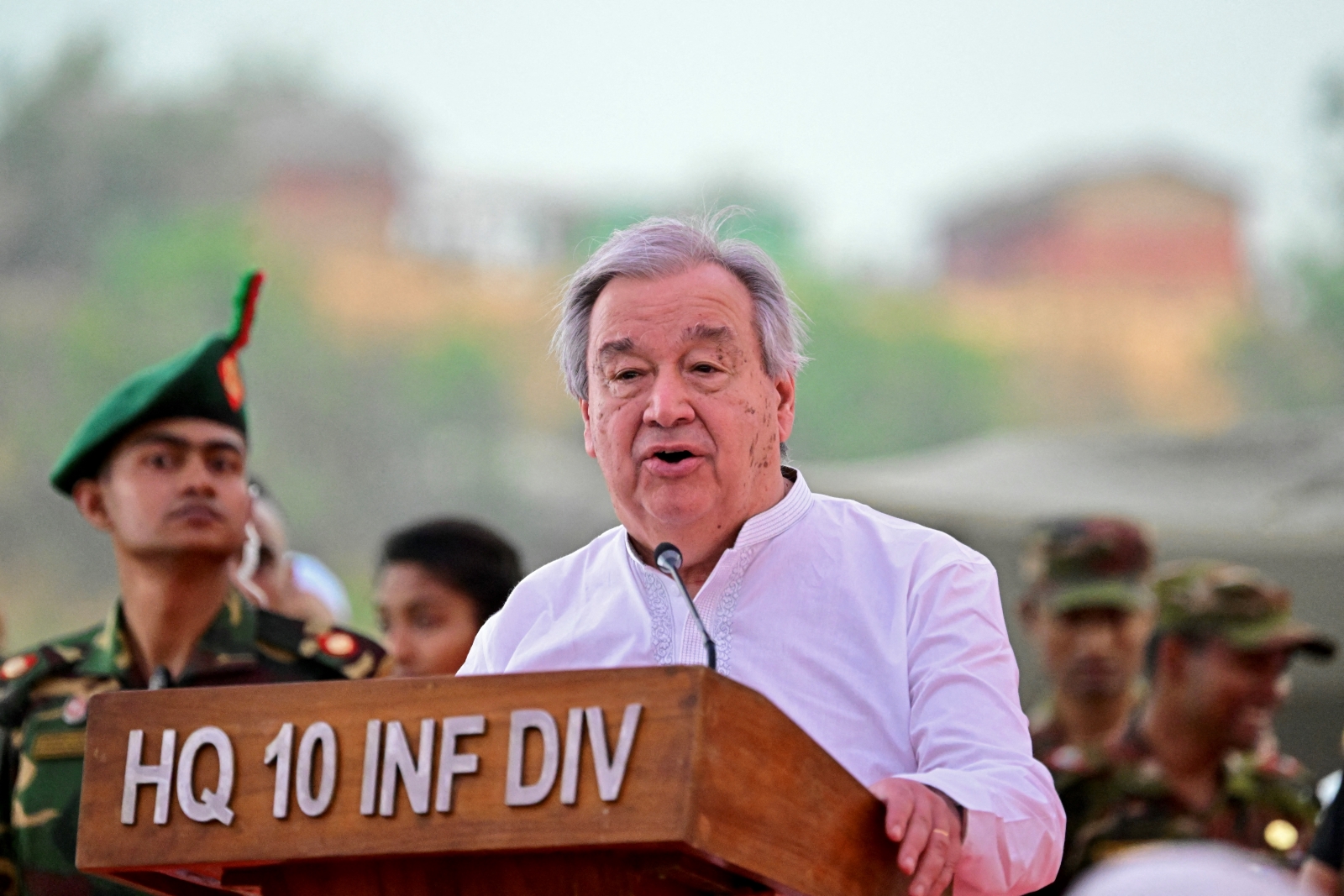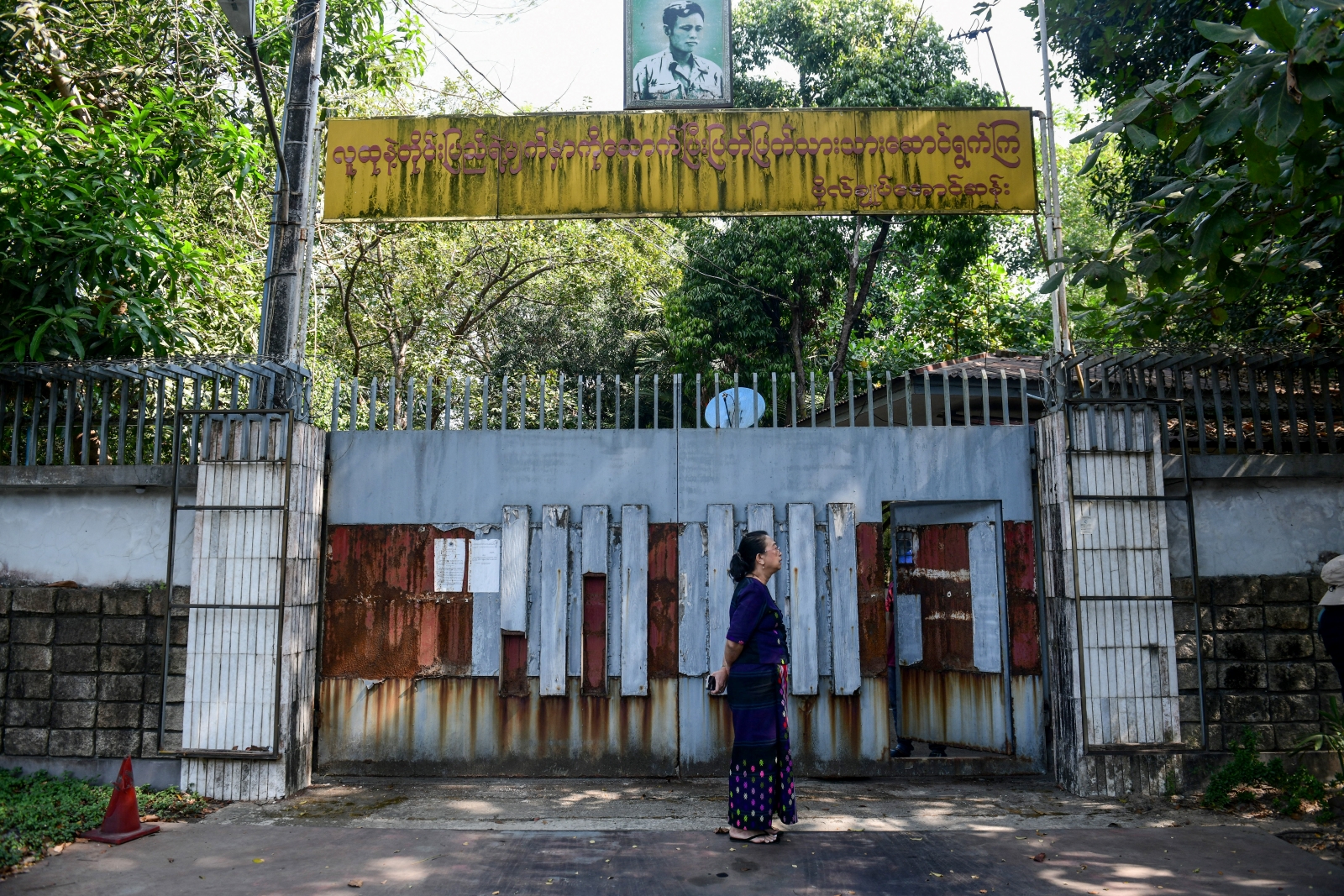By SU MYAT MON | FRONTIER
NAY PYI TAW — The government’s new Deputy Minister for Information is the latest public official to come out swinging against Mr Bill Richardson, accusing the former US diplomat of “contempt of court” for calling for the release of two Reuters journalists facing trial.
U Aung Hla Tun told reporters on Friday that Richardson had exceeded his mandate during his brief membership of a government advisory body on Rakhine State.
“I am very saddened about it,” Aung Hla Tun said of Richardson on Friday, claiming he had “secretly” brought matters “unrelated” to the board’s work for discussion.
Richardson had publicly announced his intention to intercede on behalf of Ko Wa Lone and Ko Kyaw Soe Oo, who were arrested in Yangon in December, before travelling to Myanmar this week.
Support more independent journalism like this. Sign up to be a Frontier member.
Aung Hla Tun added that Richardson’s attempt to “influence” the ongoing case against the reporters was a clear act of “contempt of court” that would be obvious to the public.
“As far as I know, only the president has the right to comment on this case,” he said.
Aung Hla Tun also suggested that some campaigners had sought to use the publicity surrounding the high profile arrest of the reporters for their own advantage.
If supporters of Wa Lone and Kyaw Soe Oo really wanted the reporters to be free, he said, “What I want to request to those who are calling for the case to end is to not put pressure [on authorities].”
“Sometimes, that kind of putting pressure can cause unnecessary impact on the case,” he added.
The prosecution of the Reuters duo is being directed by the Union Attorney-General’s Office, a civilian ministry. Myanmar’s constitution permits President U Htin Kyaw to grant unconditional pardons to defendants facing trial in civilian courts.
Aung Hla Tun walked back some of his comments later on Friday after he was contacted again by Frontier, clarifying his view Richardson had committed an act of contempt against Yangon’s Northern District Court was not the official view of the government.
Asked whether he believed that everyone who called for the release of detainees awaiting trial was in contempt of the court, the minister told Frontier his view was that it depended on the time, place, nature of the case and behaviour of those who had spoken out on the case.
Richardson was one of five foreigners on the Advisory Board for the Implementation of Recommendations on Rakhine State, a body formed to advise the government on the execution of a report commissioned by an earlier advisory body led by former UN Secretary General Mr Kofi Annan.
Richardson, a long-time friend of Aung San Suu Kyi who decades ago lobbied for her release from house arrest, announced his resignation in dramatic fashion early on Thursday morning before flying back to the United States.
The same day, other members of the board travelled to Rakhine State, as the government continues with the preparation of facilities built to facilitate the return of Rohingya refugees who fled violence in the area.
In a statement, Richardson said the board was likely to whitewash government policy on Rakhine, appeared unwilling to address “genuine policy changes” to improve the humanitarian situation in the restive state, and singled out both government representatives and board chair Dr Surakiart Sathirathi for “dangerous and untrue” attacks on humanitarian agencies, the international community and the media.
U Zaw Htay, the chief spokesperson for the Office of State Counsellor Daw Aung San Suu Kyi, claimed late on Thursday that Richardson’s position on the board had in fact been “terminated” on Monday, the same day as its members met in Nay Pyi Taw.
A spokesman for Richardson, denied he had been sacked, telling Reuters on Friday that National Security Advisor U Thaung Tun had instead personally lobbied Richardson to stay as planned the night before his resignation.
Cordial photos of the board’s meeting were published in state media and on the State Counsellor’s Facebook page on Tuesday, and the government made no mention of Richardson’s departure before his resignation announcement.
Speaking to the New York Times on Thursday, Richardson said Aung San Suu Kyi had “exploded” when he raised the detention of the two journalists, accusing the State Counsellor of being “unwilling to listen to bad news”.
In a Yangon press conference on Thursday, South African national and advisory board member Roelof Petrus Meyer said Richardson’s criticism of the body was premature.
Wa Lone and Kyaw Soe Oo were arrested in Mingalardon Township last December after being invited to meet with two police officers, and charged under the Official Secrets Act for alleged possession of classified military documents. The reporters face a maximum 14-year jail sentence if found guilty.
In the months prior to their arrest, the pair had been reporting on the latest round of violence in Rakhine State, which sent more than 650,000 Rohingya refugees across the border amid accusations of murder, rape and arson levelled against the Tatmadaw and ethnic Rakhine mobs, following an August attack on security posts by Rohingya militants.
Police said that the two officers had also been detained. Their whereabouts are unknown and they have been listed as witnesses for the prosecution in the current case, with the defence lawyer for the journalists suggesting Wa Lone and Kyaw Soe Oo had been victims of police entrapment.
Wa Lone and Kyaw Soe Oo believed to have been investigating a mass grave in the village of Inn Din, where 10 Rohingya men were killed in the early days of last year’s violence.
Last month, the office of military chief Senior General Min Aung Hlaing admitted that Tatmadaw soldiers had participated in the extrajudicial killing of the 10 men, following an investigation conducted after the arrest of the Reuters duo.
A campaign in support of the pair has gathered steam both locally and across the world. United Nations leaders, prominent local and foreign journalists, western embassies and former US President Bill Clinton are among the public figures to call for their release.
Prior to his appointment in January, Aung Hla Tun – himself a former Reuters correspondent and vice chairman of the Myanmar Press Council – had built a reputation as a strident critic of international media coverage of last year’s crisis in Rakhine.
Speaking at a Nay Pyi Taw media conference lastAugust, Aung Hla Tun said “the greatest responsibility of media today in Myanmar is safeguarding our national image”.







